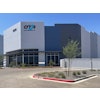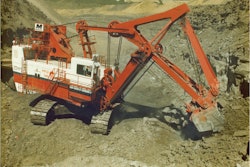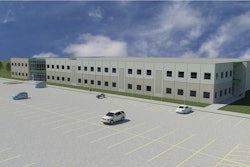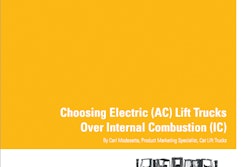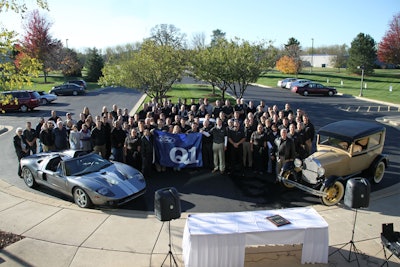
HUSCO Automotive, a supplier of electro-hydraulic control valves for the automotive industry, announces that its Whitewater, WI operation has been awarded Ford’s prestigious Q1 certification. Ford’s Q1 Award is the highest designation for suppliers by the auto maker – a recognition of HUSCO’s global commitment to best in class performance in quality, reliability, delivery, material management, engineering support and cost.
In order to qualify for the award, HUSCO Automotive was required to undergo a rigorous audit, ensuring that the company met several key automotive quality criteria. The company's performance was also evaluated on a number of other factors, including communication, teamwork and management review. In addition to HUSCO’s Whitewater facility meeting the stringent automotive industry TS 16949 quality standard, it also maintains ISO 14001 certification which affirms HUSCO’s conformance to its Environmental Management Systems and Policies.
HUSCO initially began production for Ford in the Whitewater facility and has recently added new manufacturing cells to support Ford programs in its Shanghai, China and Waukesha, WI facilities. From the combination of these locations, HUSCO is supporting Ford’s global production requirements on multiple powertrain applications.
Austin Ramirez, HUSCO Automotive’s CEO states, "We are extremely proud to be recognized by Ford as one of its top suppliers for electro-hydraulic controls. This Q1 certification acknowledges the hard work and excellent results the HUSCO Automotive team has achieved, and we are honored to display the Ford Q1 flag at our Whitewater facility. We expect the rest of our facilities to secure Q1 certifications soon as they come online with their new Ford production programs."
HUSCO has continued to expand both capital equipment investment and jobs at each of these production locations to support the growing business relationship with Ford and other customers. HUSCO’s products are used in several key powertrain systems such as variable valve timing, cylinder deactivation, and variable displacement pump control. All of these systems are used to increase fuel economy and improve overall engine performance, saving millions of gallons of fuel every year.


